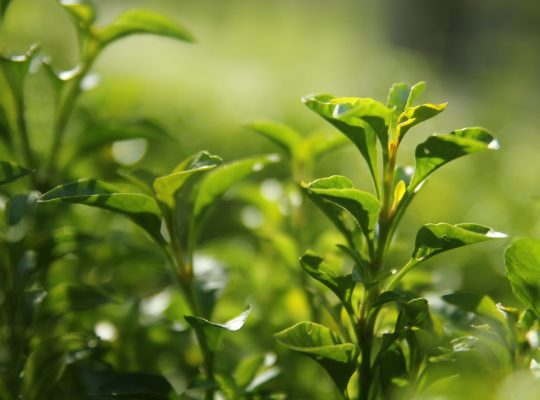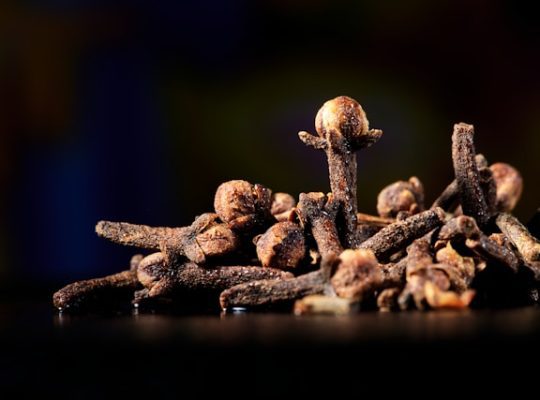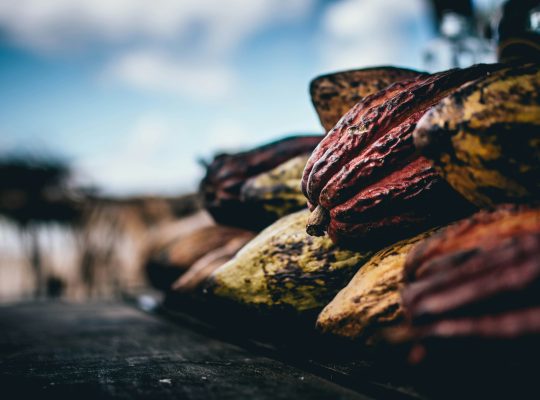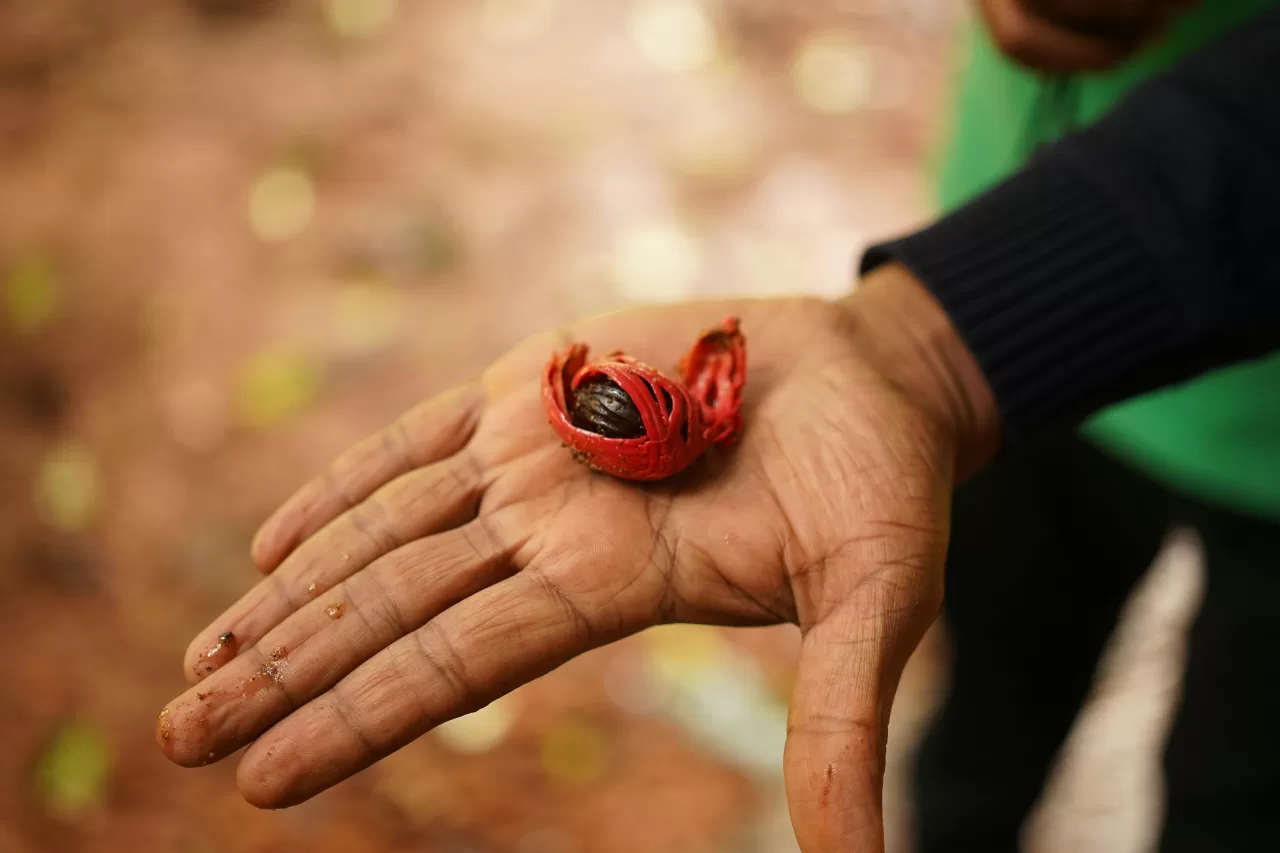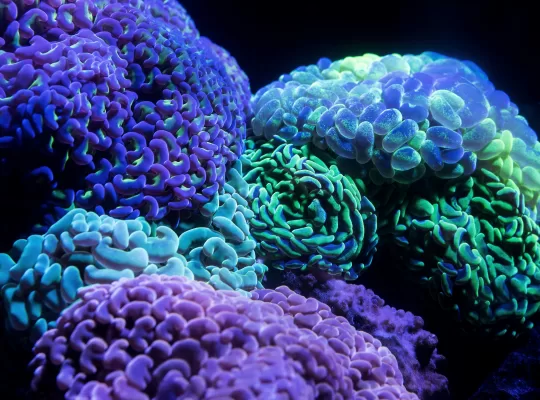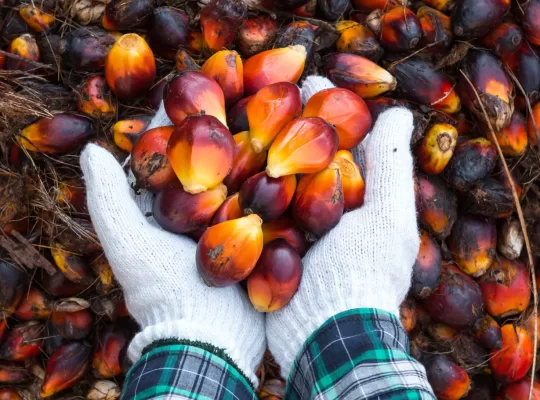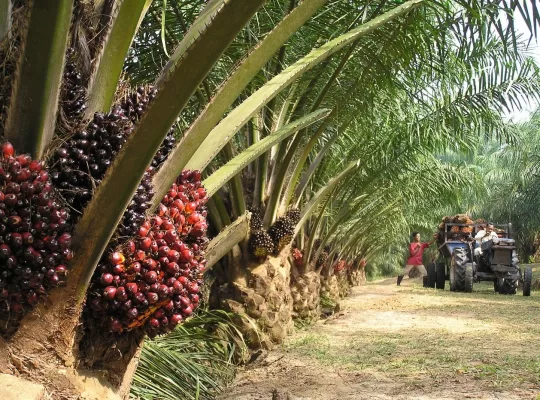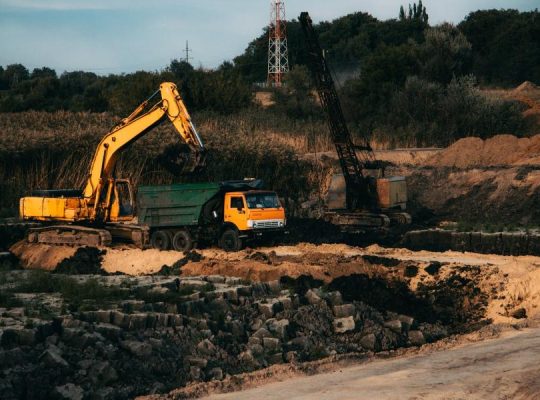Within the spice-laden islands of Indonesia, nestled between the Pacific and Indian Oceans, grows a legacy centuries old. This is the story of Indonesia’s nutmeg and clove exports, a tale woven through centuries, carrying with it the aroma of prosperity, conflict, and the quest for global dominance in the spice trade.
Understanding Indonesia’s pivotal role in the global spice market requires a journey back in time, exploring how nutmeg and clove exports not only shaped the economy and culture of this vast archipelago but also influenced colonial powers, international trade routes, and global cuisine.
A Spice Worth Its Weight in Gold
Nutmeg and cloves, aromatic treasures native to the Maluku Islands of Indonesia, once commanded prices that surpassed their weight in gold. These spices were highly coveted in Europe for their culinary, medicinal, and preservative properties, but the source of these spices remained a closely guarded secret by Arab and Venetian spice traders for centuries.
The Age of Exploration
The European Age of Exploration, initiated in the 15th century, was significantly fueled by the desire to find a direct spice trade route to the East Indies. The Portuguese were the first to establish a trade route to Indonesia, marking the beginning of European involvement in the spice trade. However, it was the Dutch who ultimately gained control, monopolizing nutmeg and clove exports through the Dutch East India Company in the 17th century. This monopoly allowed them to dictate the global nutmeg and clove trade, bringing immense wealth to the company and significantly impacting the Indonesian economy and landscape.
Echoes of the Spice Trade’s Dark Past
The monopoly did not come without a cost. The Dutch enforced their control over nutmeg and clove production with a heavy hand, leading to significant social and ecological impacts on the Maluku Islands. In their pursuit of controlling the spice trade, they went as far as to enact policies of land destruction and genocide to eliminate competition. This dark period highlights the lengths to which colonial powers would go to control the lucrative spice trade.
Indonesia Fights Back
The resilience of the Indonesian people throughout centuries of colonial rule is noteworthy. Slowly but surely, Indonesia began regaining control over its nutmeg and clove production. Following Indonesia’s declaration of independence in 1945 and subsequent liberation from colonial rule, the nation began to rebuild its spice trade, focusing on sustainable growth and fair practices.
The Modern Spice Trade
Today, Indonesia stands proud as one of the world’s leading producers and exporters of nutmeg and cloves. The export of these spices continues to play a vital role in the country’s economy, supporting the livelihoods of thousands of farmers and their families. Modern-day challenges, such as climate change, fluctuating market prices, and the need for sustainable agricultural practices, are now at the forefront of the spice trade.
Sustainable Practices Take Root
In recent years, Indonesia has made significant progress in implementing sustainable farming practices. Efforts are being made to ensure that nutmeg and clove production not only meets global demand but does so in an environmentally responsible and economically viable manner. This includes initiatives to increase crop yield, reduce waste, and improve the overall quality of the spices produced for export.
Indonesia’s Export Strategy: Diversifying and Innovating
Indonesia has also diversified its export strategy, exploring new markets and innovative products derived from nutmeg and cloves. These efforts aim to reduce dependency on traditional markets and adapt to changing consumer preferences worldwide. From essential oils to nutraceuticals, the country is finding new ways to capitalize on its rich spice heritage.
A Global Influence
The impact of Indonesia’s nutmeg and clove exports extends far beyond the kitchen. These spices have served as cultural ambassadors, introducing Indonesian culture to the world. Furthermore, they have influenced global cuisine, adding depth and flavor to dishes across various culinary traditions. As the world becomes increasingly interconnected, the story of these spices reminds us of our shared history and the power of nature’s bounty to bring people together.
A Fragrant Future
The future of Indonesia’s nutmeg and clove exports looks promising. With a focus on sustainability, innovation, and quality, Indonesia is poised to continue its legacy as a global spice leader. Forging partnerships, embracing technology, and implementing environmentally friendly practices will ensure that the aroma of Indonesian nutmeg and cloves continues to enchant the world for generations to come.
Conclusion
Indonesia’s journey from the epicenter of the historic spice trade to a modern leader in nutmeg and clove exports encapsulates a story of resilience, adaptation, and growth. The spices, once a symbol of colonial exploitation, now represent Indonesia’s rich cultural heritage and commitment to sustainable and equitable trade practices. As the world enjoys the flavors and fragrances of Indonesian nutmeg and cloves, let us savor the rich history and enduring legacy of these treasured spices.


